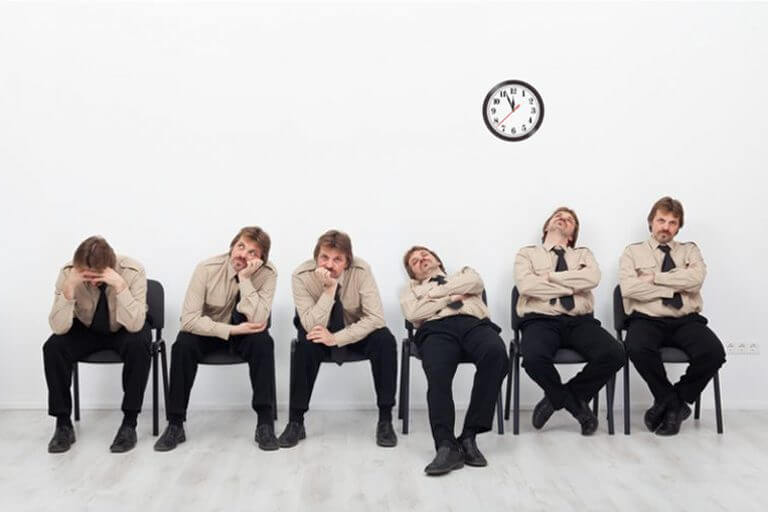Problems With Healthcare in Singapore
Singapore healthcare system relies heavily on institutions. Institutions were the most effective method of tackling healthcare issues in the past. That was because centralization was key in treating patients stricken with acute diseases like smallpox and tuberculosis. However, the illnesses we war against currently are chronic diseases, such as diabetes, hypertension, liver failure, etc. Institutions are not dealing with our chronic health problems effectively. The effects are evidenced by the lack of long-term care options, bed crunch in the hospitals and expensive long-term care.
 Lack of Long-Term Ageing Alternatives
Lack of Long-Term Ageing Alternatives
It is no surprise that we need to spend more time and money on healthcare as we age. Commonly, the first point of healthcare is the institutions, whether it is the clinics or hospitals. For long-term care, patients’ options are also limited to institutions like a community hospital or a nursing home. Even then, we will be worried about costs and the questionable living conditions in these institutions. How many of us really want to spend our golden years in a sterile hospital or aged facility?
 Long Queues and Waiting Hours in Hospitals
Long Queues and Waiting Hours in Hospitals
When we know that our loved one’s health is deteriorating at an ungodly hour, we immediately think to go to the A&E (Accident and Emergency) Department. Things does not turn out as it seems, having to wait hours before seeing the doctor and wait a few more hours for a hospital bed.
The worst part is when all the waiting could have been unnecessary. Studies have shown that people go to the A&E with minor complaints- complaints that could have been taken care of at home or by a GP (General Practitioner).
 Expensive Long-Term Care Costs
Expensive Long-Term Care Costs
It is not uncommon for older persons to suffer from stroke or dementia, but long-term care is expensive despite subsidies. If you were to age in a nursing home, it will still cost from $1200-3500 per month, without the benefit of privacy and freedom because nursing homes are highly regimental governed by routines. This decreases a person’s quality of life greatly.
Make Healthcare Personal Again!
With the current healthcare model, keeping our loved ones at home, amongst family, is preferable albeit difficult. Apart from the strain and stresses of a sick loved one, shuttling them around for doctors’ appointments, learning the ropes of home care and managing the sudden load of care can easily drain the caregiver, leading to burnout. Caregiver strain should not be treated casually as it affects all aspects of a person’s life.
The solution to this problem is to decentralise care back to people’s homes– Home Care. Jaga-Me provides healthcare (medical and nursing) services to homes in three ways: Nursing Respite, Clinical Procedures and Care Transition Service. Click here to find out more!